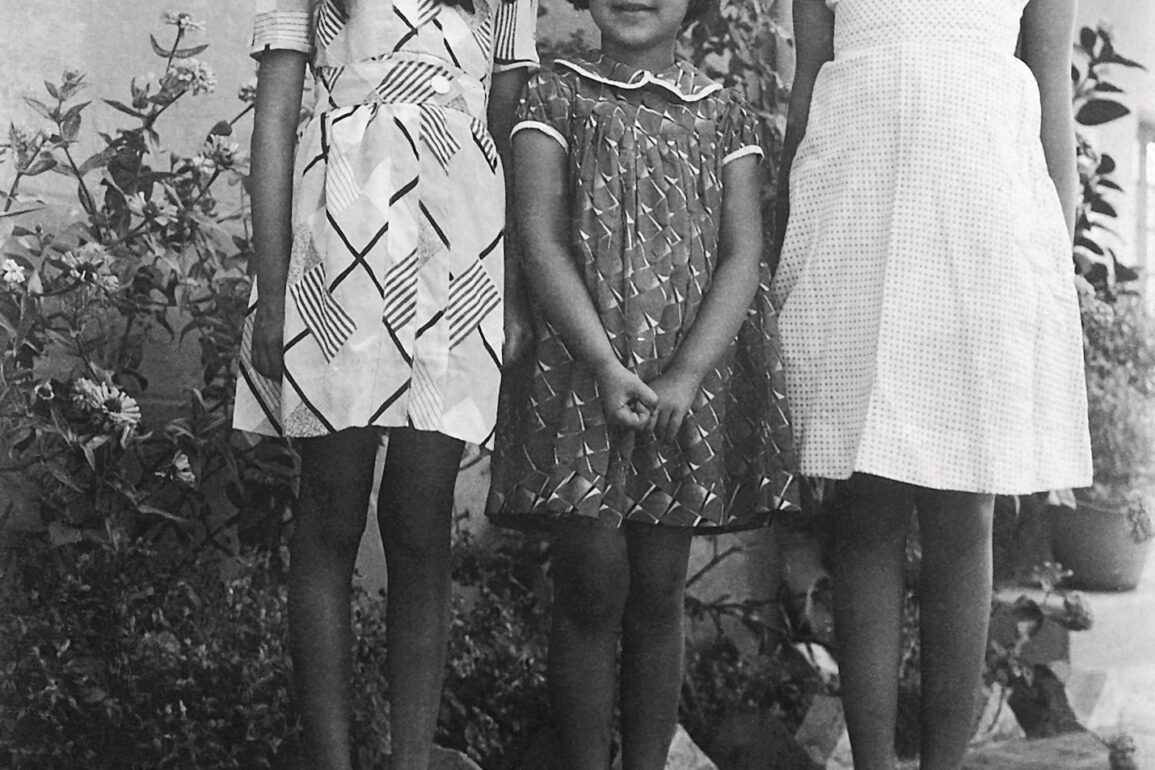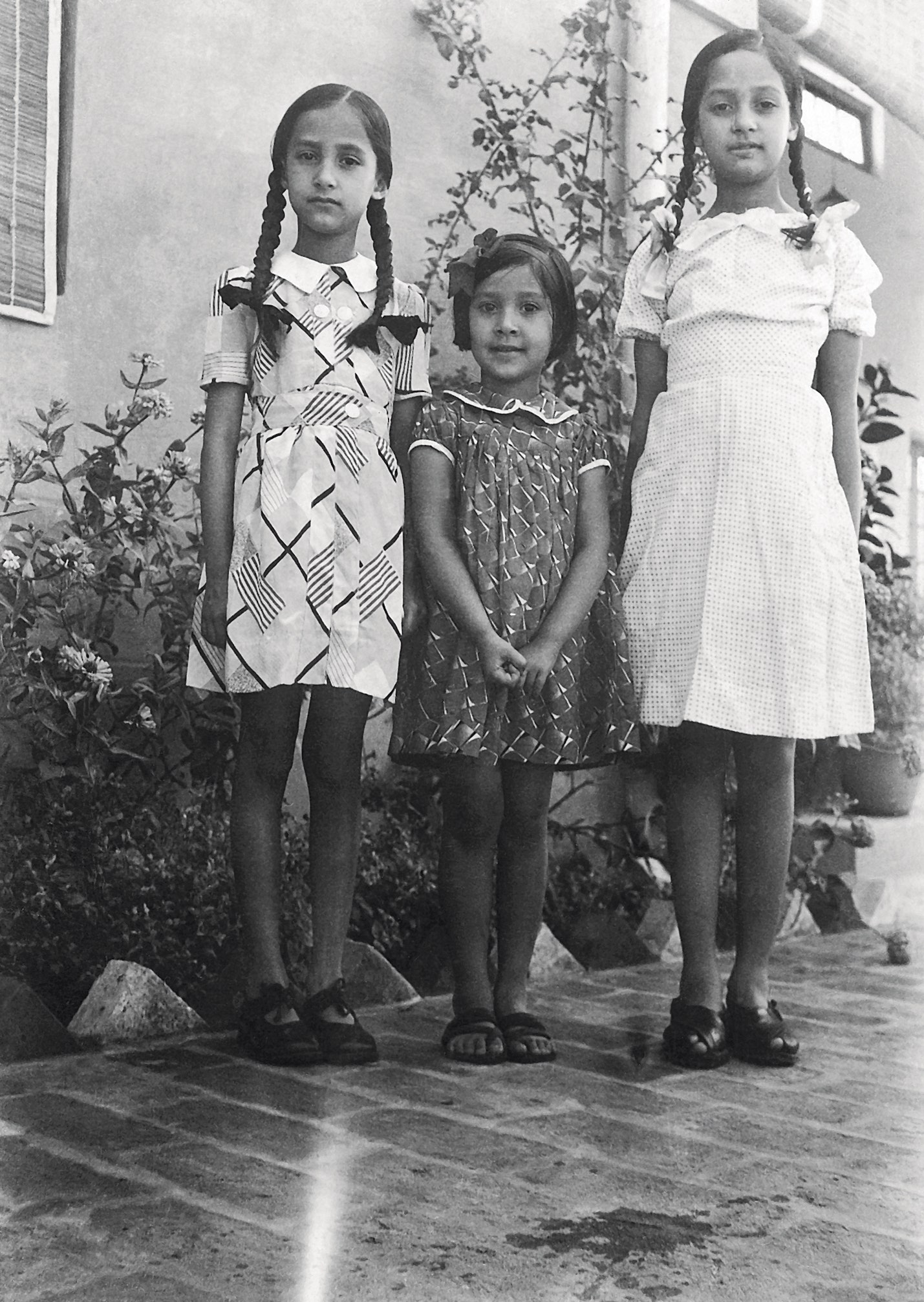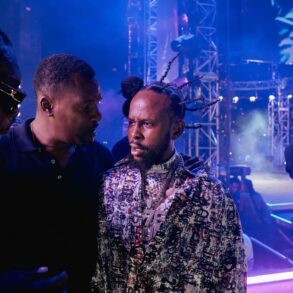How do I feel about turning 90? I don’t, honestly, feel very much about it. I had a small celebration, but it is what it is. The years have gone very fast but I don’t regret anything. I have things still to do and so much to look forward to. Within an hour of my birth at home, my grandmother was brought in to meet me. As was tradition, she picked me up and wrote “Om” on my tongue in honey. It said to the world, “I am; I exist.” According to my mother, I started licking my lips and wanted more of it, so she named me Madhur, a derivative of the word sweet in Sanskrit.
The India of my youth was a time of immense change. Aged 14, I watched Mountbatten and Gandhi come down the Rajpath, side by side, for the partition of India on 15 August 1947. I can still remember it now: they both looked gloriously handsome, dressed all in white, seated in an open-top carriage.
Oh, gosh; it was wild. There were millions of people all around – people, people, people – shouting and screaming. Of course, it was followed by Gandhi’s assassination in 1948. Initially, we didn’t know who was responsible. We were praying it was not a Muslim as there would be the severest of riots, and yet, there were riots anyway. That was partition, which was a horrible time for us. I remember all Muslims and Hindus being completely segregated at school. And I was at Gandhi’s cremation. I recall clearly, even now, how we were in a crush of people and we could see the smoke rising from the funeral pyre. My mother and I had gone to hear him at his prayer meeting just one week before he died, so we knew exactly what the set up was and how he would have looked down on the crowd, on the person who killed him, from a high ledge. When we learnt he had been shot, everyone ran out into the streets to see their neighbours who, in our case, were mostly cousins. There was a doomsday kind of atmosphere around the whole country. India was in mourning. And that’s the India I left behind.
On 6 December 1955, I arrived in Southampton on a P&O liner, 20 years old and alone, ready for my next adventure. I had won a scholarship to study at RADA in London and believed I was meant to open up to become bigger somehow, to expand my mind as a human being. And I wasn’t afraid. I didn’t feel as though I was going to meet the tiger that was going to eat me up. You see, I grew up in a colony and when you grew up like that you heard of England every single day. I read all the classics; I read the complete Shakespeare literally cover to cover, Thomas Hardy and Jane Austen. So, nothing in England surprised me. Some people think someone coming from India knows nothing, but I was a sophisticated student who had been to college, so everything was as I expected – except the smog. No one told me about the pea-green smog that emerged every afternoon at three o’clock.
RADA confirmed my love of acting. Diana Rigg was in my class at one time and there were so many wonderful actors there, but the pressure was immense. I had a particularly wonderful voice teacher. When she got my authentic feelings, when I was really being true to the emotion I needed to be feeling in that precise moment, my voice completely changed.
This post was originally published on this site be sure to check out more of their content.








